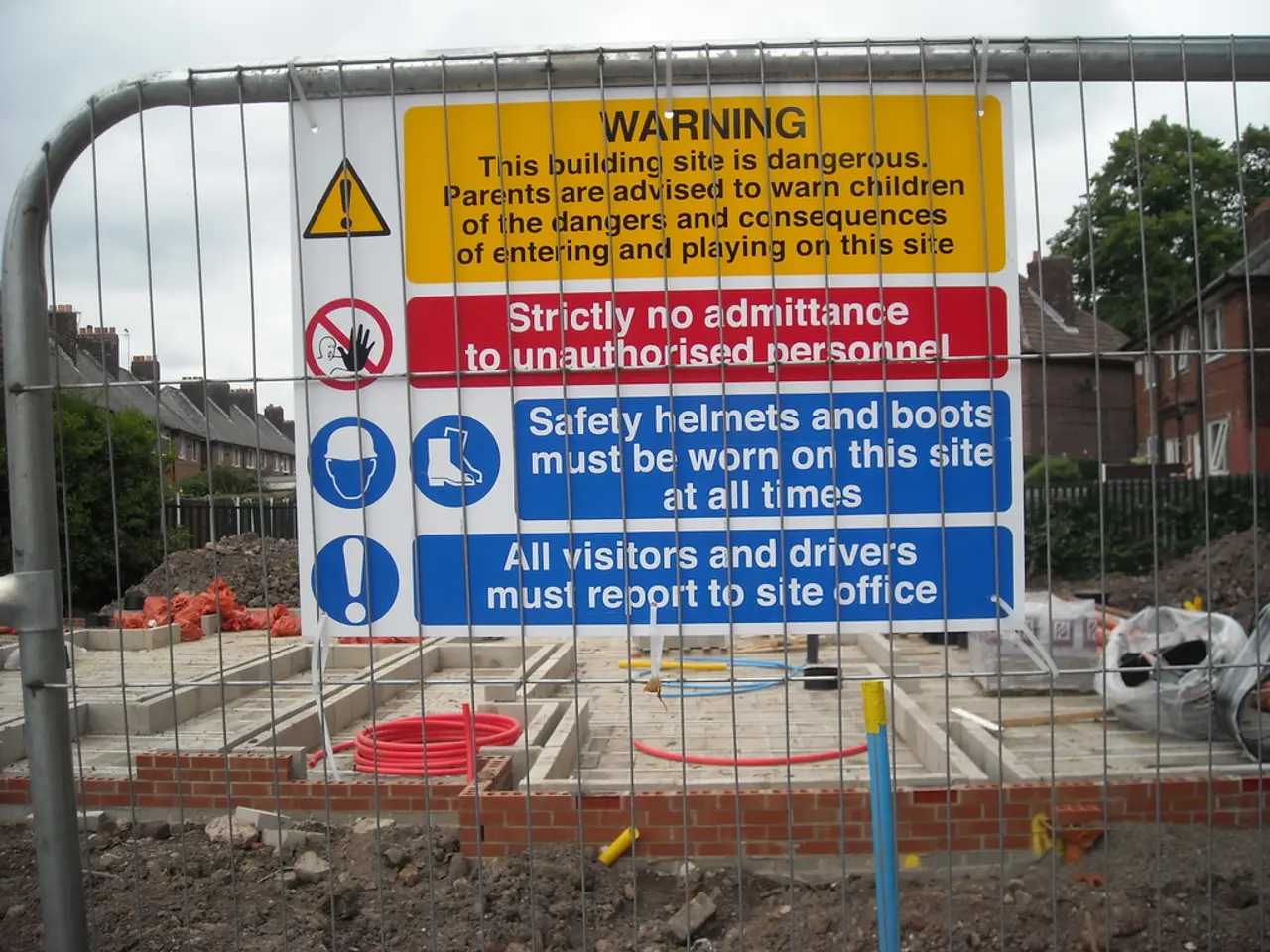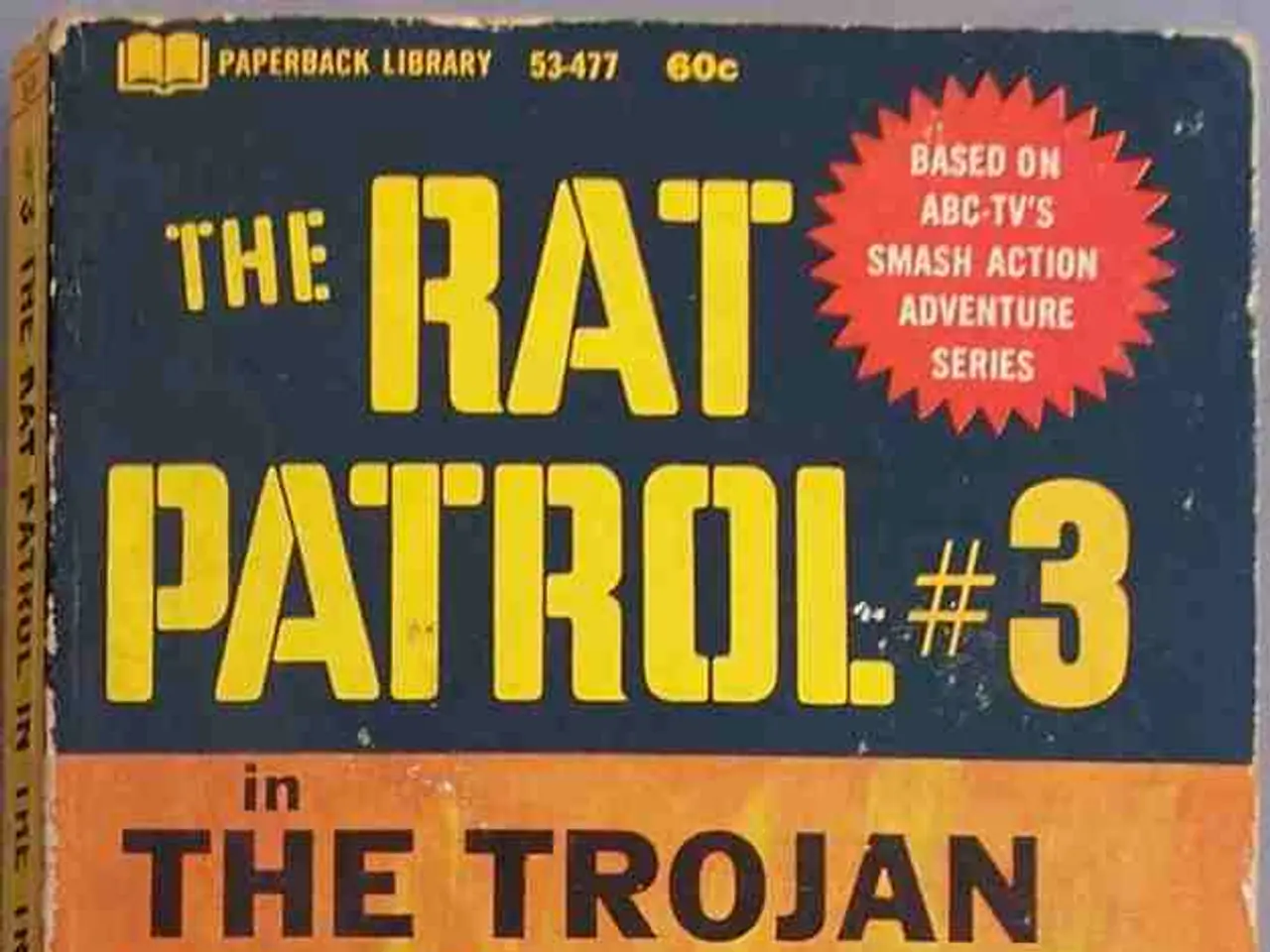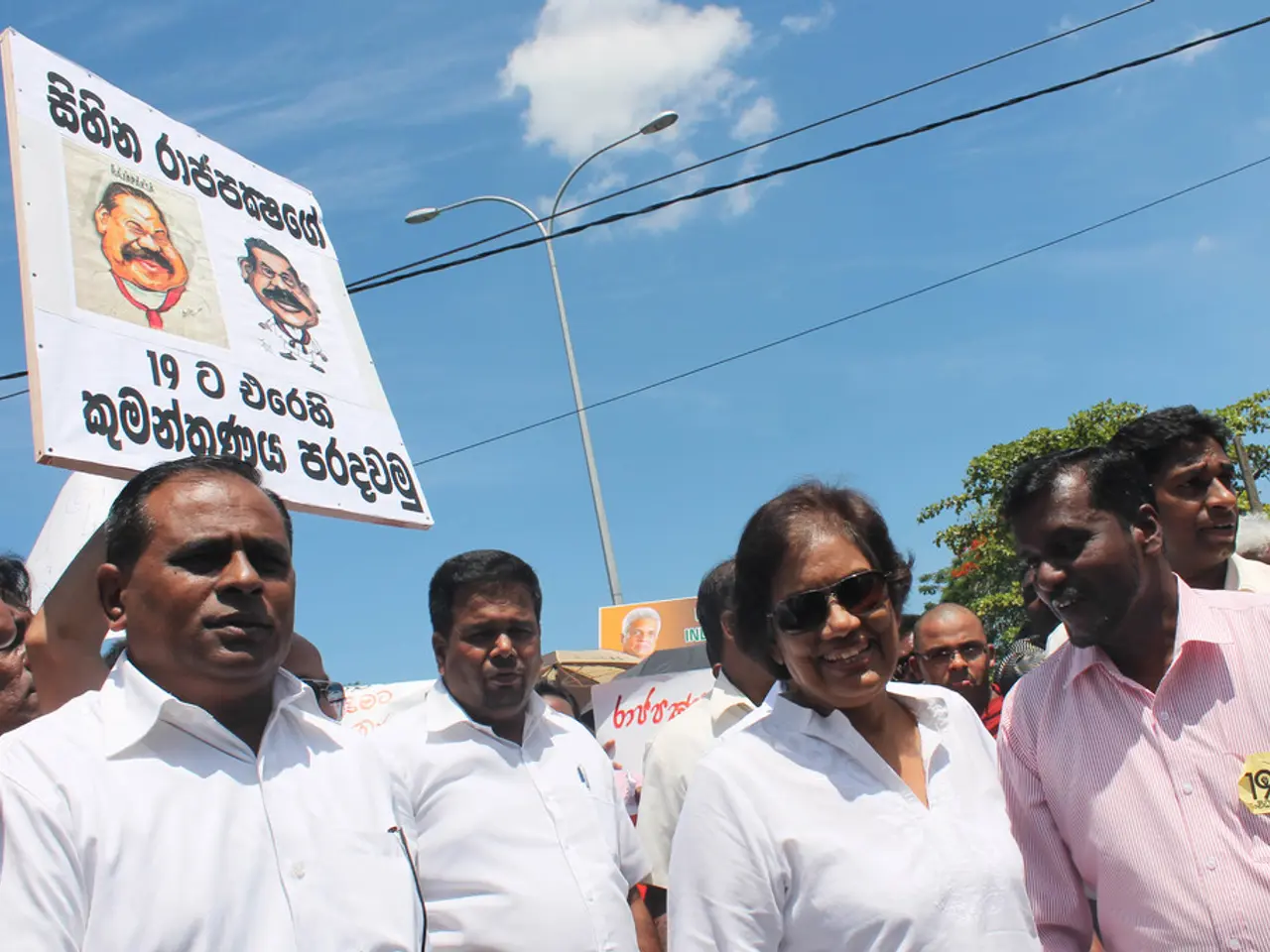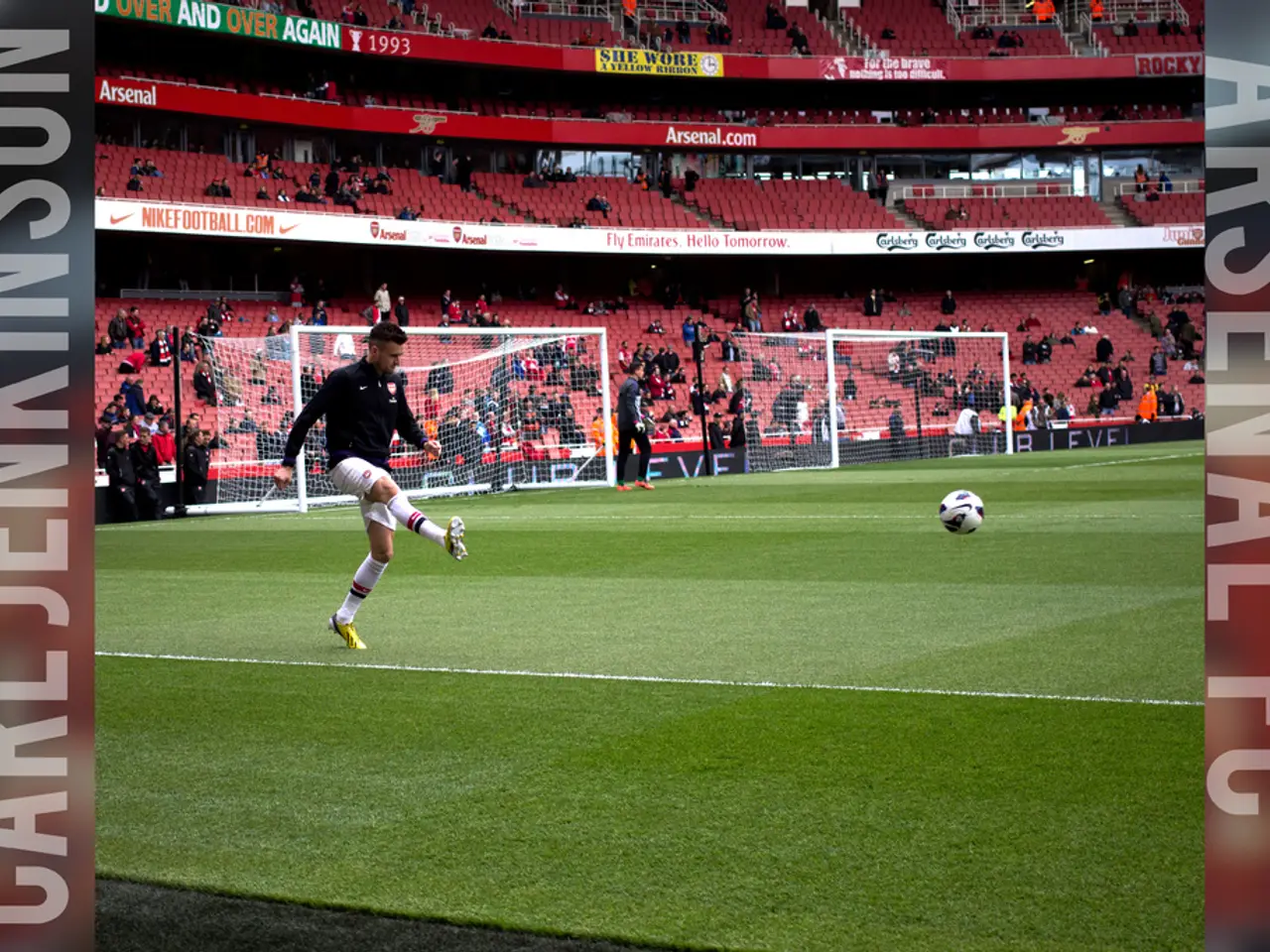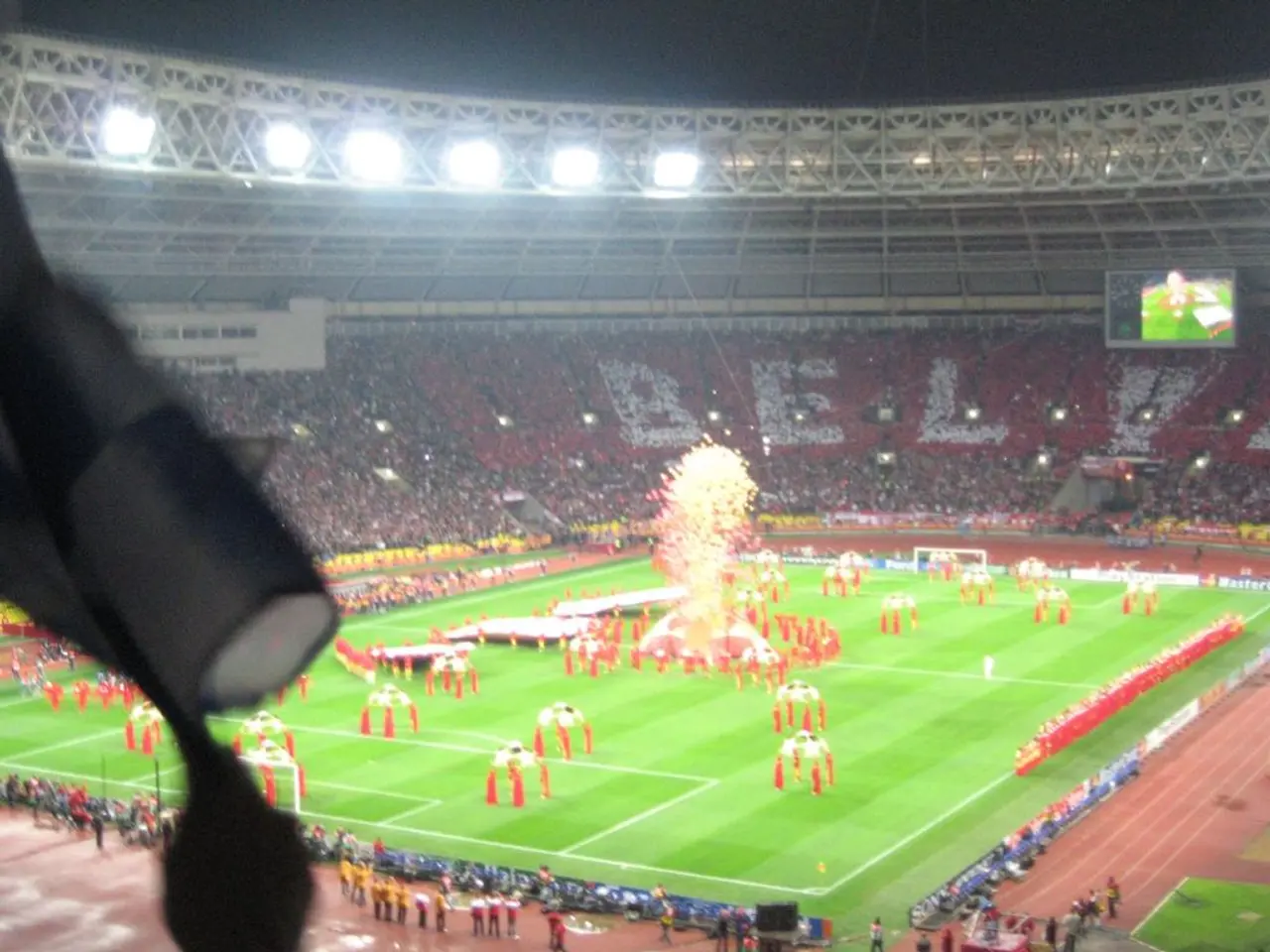Prime Minister supports claim of the Sri Lanka Railways to disputed land
The State Railway of Thailand (SRT) claims ownership of the disputed land at Khao Kradong in Buri Ram, a position supported by a royal decree granted during the reign of King Rama VI. This assertion, however, faces challenges from local claimants and legal representatives.
Interior Minister Phumtham Wechayachai has publicly reaffirmed the SRT's ownership, stating that the royal decree clearly establishes the SRT's claim. The Supreme Court, in a 2018 ruling, upheld this position, declaring that all 800 hectares at Khao Kradong belong to the SRT. This decision was upheld by the Central Administrative Court, forming the legal basis for revoking overlapping land title deeds of private claimants.
Despite this legal backing, the land dispute remains contentious. Nearly 1,000 families and powerful local stakeholders face eviction or lease negotiations, sparking public protests and claims that court rulings contradict local ownership rights.
Minister Phumtham emphasized that any contradictions to the royal decree should be resolved judicially. He maintains that the SRT's historic maps and royal decrees provide a firm legal basis for their claims, even if minor boundary issues remain for courts to decide.
Chanin Kanhirun, a legal representative for those affected by the disputed land, believes the SRT's claims are based on limited court rulings and have no legal authority. Chanin asserted that no royal decree or legal act granted this land to the SRT.
Minister Phumtham stated that if people have acquired land legally, the justice system will handle it. He also commented on threats of lawsuits from private companies seeking substantial compensation, stating that if they have been trespassing on SRT land, they should not expect the state to pay for damages.
The dispute at Khao Kradong remains under active challenge, with both sides presenting their arguments based on legal rulings and historical documents. The outcome of this dispute will have significant implications for the affected parties and the future of land disputes in Thailand.
[1] The Nation. (2022, March 1). SRT insists on Khao Kradong ownership, but locals challenge court rulings. Retrieved from https://www.nationthailand.com/news/40414054
[2] The Bangkok Post. (2022, February 28). SRT to revoke land titles over Khao Kradong dispute. Retrieved from https://www.bangkokpost.com/thailand/general/2110631/srt-to-revoke-land-titles-over-khao-kradong-dispute
[3] The Nation. (2022, February 27). Protesters rally against SRT's move to revoke land titles over Khao Kradong dispute. Retrieved from https://www.nationthailand.com/news/40396888
[4] The Bangkok Post. (2018, December 19). SRT wins Khao Kradong dispute. Retrieved from https://www.bangkokpost.com/thailand/general/1497524/srt-wins-khao-kradong-dispute
- The ongoing land dispute at Khao Kradong, covered in various policy-and-legislation articles and general-news reports, involves the State Railway of Thailand (SRT) and local claimants, with the SRT's ownership claim being supported by royal decrees but faced with challenges from legal representatives.
- In the politics of Thailand, the dispute over Khao Kradong's ownership, which has been subject to court rulings, is contentious, with proposed evictions or lease negotiations sparking public protests and claims of contradictions to local ownership rights.
